Systems Of Record in the AI age: ServiceNow, SAP and Workday
Goal: AI Operating System Of The Enterprise
Software Synthesis analyses the evolution of software companies in the age of AI - from how they're built and scaled, to how they go to market and create enduring value. You can reach me at akash@earlybird.com.
The defining enterprise software company of the 21st century: ServiceNow
As Q1 earnings season wraps up against a backdrop of macro uncertainty, ServiceNow CEO Bill McDermott came out characteristically confident in the platform’s positioning to be a share gainer as enterprises seek efficiency.
ServiceNow is one of several public enterprise software companies that’s a ‘system of record’ together with Salesforce, Workday, SAP and Oracle - we wrote about disrupting systems of record two years ago.
Even within this basket of public software giants, ServiceNow is in a different league, as they underlined in their Q1 Analyst Day.
A few things stood out.
For one, ServiceNow emphasised their ambitions to expand beyond ITSM into CRM and beyond.
Bill McDermott has consistently stated his goal for ServiceNow to become the defining enterprise software company of the 21st century, and becoming the ‘AI Operating System Of The Enterprise’ or the ‘single pane of glass’ enterprises use to deploy agents looks like this:
Unify your data between your SoRs and date lakehouses, deploy it in any cloud (private, government, on-prem), and run on any models.
The premise of the data fabric is some of the most valuable white space to own inside an enterprise’s IT estate, acting as middleware between all of a company’s data and the last mile of applications.
Agents can be deployed across the enterprise and break down silos - examples include New Relic Analysis Agent, SAP Ariba Agent, KB Content Creation Agent, WorkDay Performance Agent, SAP Concur Travel Agent, and more.
You get the picture.
As you’d expect, partnerships play a huge role in realising ServiceNow’s vision.
As an aside, smaller consultancies can be a big unlock for early stage companies - going after Accenture and Capgemini before Series C/D is a distraction.
With respect to pricing, it’s telling that the company leads with ‘predictable, yet flexible’. Agents will undoubtedly catalyse consumption-based models, but at this stage hybrid models are more palatable for enterprises.
The last but most important part of the ServiceNow narrative is its unrivalled multi-product penetration.
As if the expansion into workflows beyond IT wasn’t compelling enough, the company knows there’s an even bigger prize to win up to 5 billion agentic workflows.
As Guy Podjarny’s written, the right to expand into more complex workflows is earned over time.
If ServiceNow claims a right to win starting in ITSM, SAP believes its just as well positioned to win from its leadership in the ERP.
The Business Data Cloud: SAP
The German software giant’s core ERP business is going through a crucial migration to the cloud as 39 year old CEO Christian Klein looks to disrupt the company before its competitors do - this also entailed a painful but necessary shift to a subscription business model.
The mission-criticality of the data stored in the HANA ERP underpinned the recently announced partnership with Databricks, which will allow customers to combine SAP data with other data connectors and power AI/ML workloads.
In a recent interview with Ben Thompson, Christian Klein outlined the company’s advantages:
You could build your own modules, but when you are SAP, think about that — you’re running the most mission-critical business processes of the world, you have access to so much business data. So you have a suite, you have mission-critical data, we have to embed AI right into the business processes of our customers so when you do financial planning, you don’t have to code another AI module for that.
Then Ali Ghodsi, the CEO of Databricks, once reached out to me and said, “Hey Christian, I have so many SAP customers and your data is the most mission-critical in their company, but I have a lot of non-SAP data and I feel we are creating all of this data in big data lakes and then very expensive data scientists are coming to make somehow meaning to this data, but we can do this way smarter”. I said, “Absolutely, Ali, we can do this way smarter, why we are not building this one data layer where we can semantically match SAP structured with non-SAP also unstructured data?”.
This is consistent with moves Salesforce made to federate their data cloud, which we discussed back in October.
To simplify adoption, the company is betting that customers will prefer to interface with one single agent, Joule. This single assistant will be how enterprises will query all of their data and instrument agents.
Would you love to use 30 digital assistants who don’t talk to each other? I’d rather have one assistant called Joule... who can correlate HR with financial data.
The natural framing for this is ‘best of suite’ rather than ‘best of breed’:
Last week, I was in Switzerland, talked to a company. They are producing elevators and they said, “Christian, even the elevator business, it’s changing a lot, we want to package services to that, we want to infuse our AI for predictive maintenance. But guess what? Our frontline, our sellers, they configure something and our supply chain, our people in the supply chain functions have no clue about what has been configured at the frontline.
Help me, I want to get rid of some of the best-of-breed, I want to go to a best-of-suite where my sales, where my services engine work seamlessly together with my manufacturing, with my logistics engine”.
One platform, many modules.
As for change management, the message is consistent with ServiceNow: you need top-down buy-in.
“When I see only IT people at the table, it’s a red flag. You need the business leaders—because this is business transformation, not just an IT project.”
Extending the System of Record for Humans to Agents: Workday
Workday started in the HCM but has been leaning into the ERP for a number of years.
Workday CEO and former Sequoia Partner Carl Eschenbach recently spoke to Workday’s aspirations to become the System of Record for the AI era:
We are the system of record for the two most critical assets of any company: their people and their money... and interestingly enough, they're one and the same.
When you think about AI... at the end of the day, it's all about data... Now, it's not just about data, it's the context of the data.
We announced something called an agent system of record. And think of it as the unification of a system of record between human workers and digital workers.
Of all the companies vying to become the agent orchestration platform in the enterprise, Workday can make a strong case for naturally extending their system of record from humans to agents.
The scope of these agents goes beyond HR agents, though, with Workday’s portfolio of agents encompassing Sales, Financial Audit, Engineering, and more workflows.
Workday’s expansion into ERP has been a mixed success so far, which begs the question: who has more data gravity, SAP or Workday? The same criticism could be made of SAP, of course, in its effort to move into HCM. Ultimately, this battle will be decided by which champion is more influential internally.
The battle to be an enterprise’s single pane of glass
This discussion is incomplete without mentioning Salesforce, UiPath, Oracle, and sure enough Snowflake and Databricks, each of whom have made attempts to consolidate customer data and own the platform through which agents are deployed in the enterprise.
For founders building horizontal AI software and going up against these goliaths, it’s imperative to make opinionated product decisions that infuse the technology and rethink customer experiences in ways incumbents won’t be able to keep up with. To borrow a heuristic from Neil Mehta, the best way startups can successfully counterposition against entrenched SoRs is by delivering Jaw Dropping Customer Experiences.
Interesting Data
Jobs
Companies in my network are actively looking for talent:
Granola is looking for a COO (London).
Hebbia is hiring for Software Engineers, Solutions Engineers, Sales, and Partnerships (NYC or London).
A stealth AI startup founded by repeat unicorn founders and researchers from Meta/Google building 3D foundation models is looking for a 3D Research Engineer, Research Scientist and ML Training / Inference Infrastructure Engineer (London or Munich).
Briefcase, a seed-stage vertical AI company building in accounting, is looking for Founding Product Engineers (London).
Recurse, a seed-stage AI code review startup is looking for a Founding Python Engineer (London).
Talent Spotlight
Talent in my network is looking for a new role.
For companies looking for a Head of Sales/Sales Manager, this candidate grew ARR from $2m to $15m, hired and managed a team of 10 AEs and closed several million of ARR individually.
Reach out to me at akash@earlybird.com if you or someone you know is a fit!
If you're looking for your next role, click below to share your details and join the Talent Network.
Additional Reads and Content
Palo Alto Networks tries to stay agile by maintaining a startup mentality
AI Beneficiaries: Investing In Second-Order Effects
The Emergence Rate: Our Framework for Measuring AI Evolution
A new framework for AI agent pricing





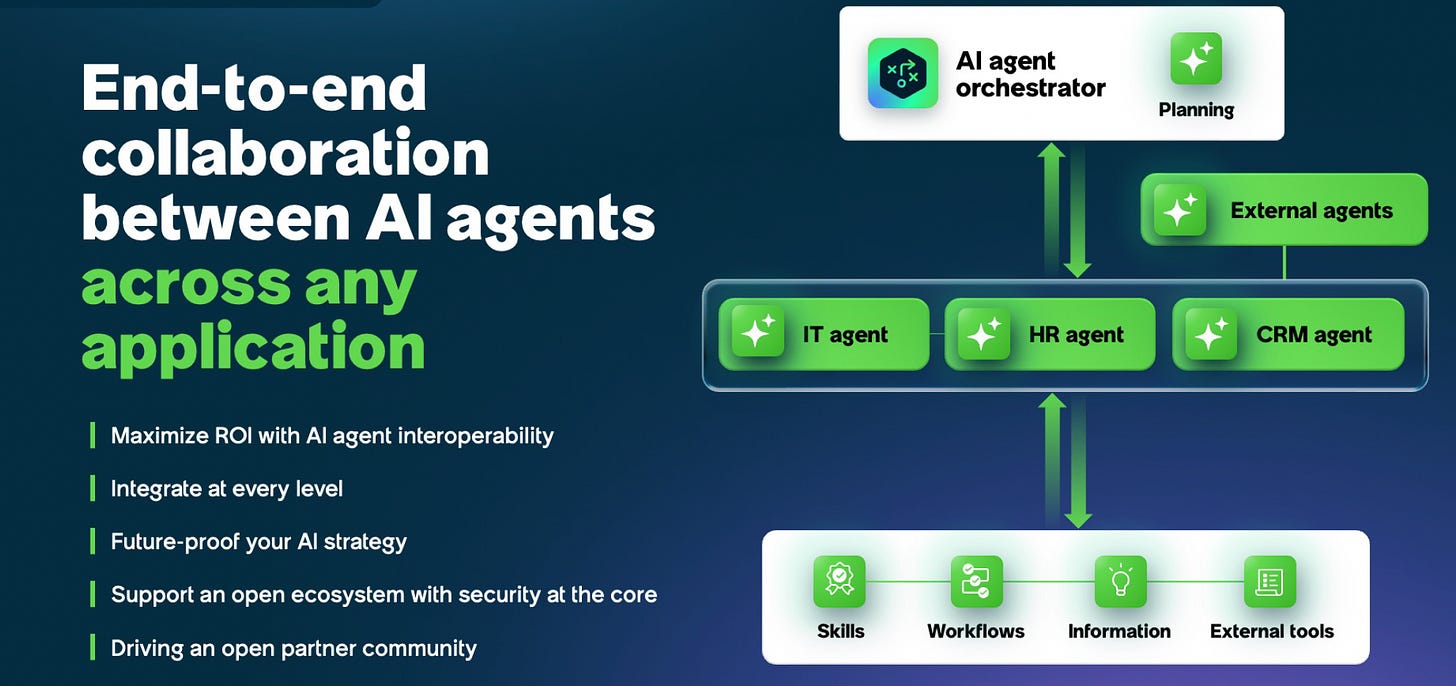









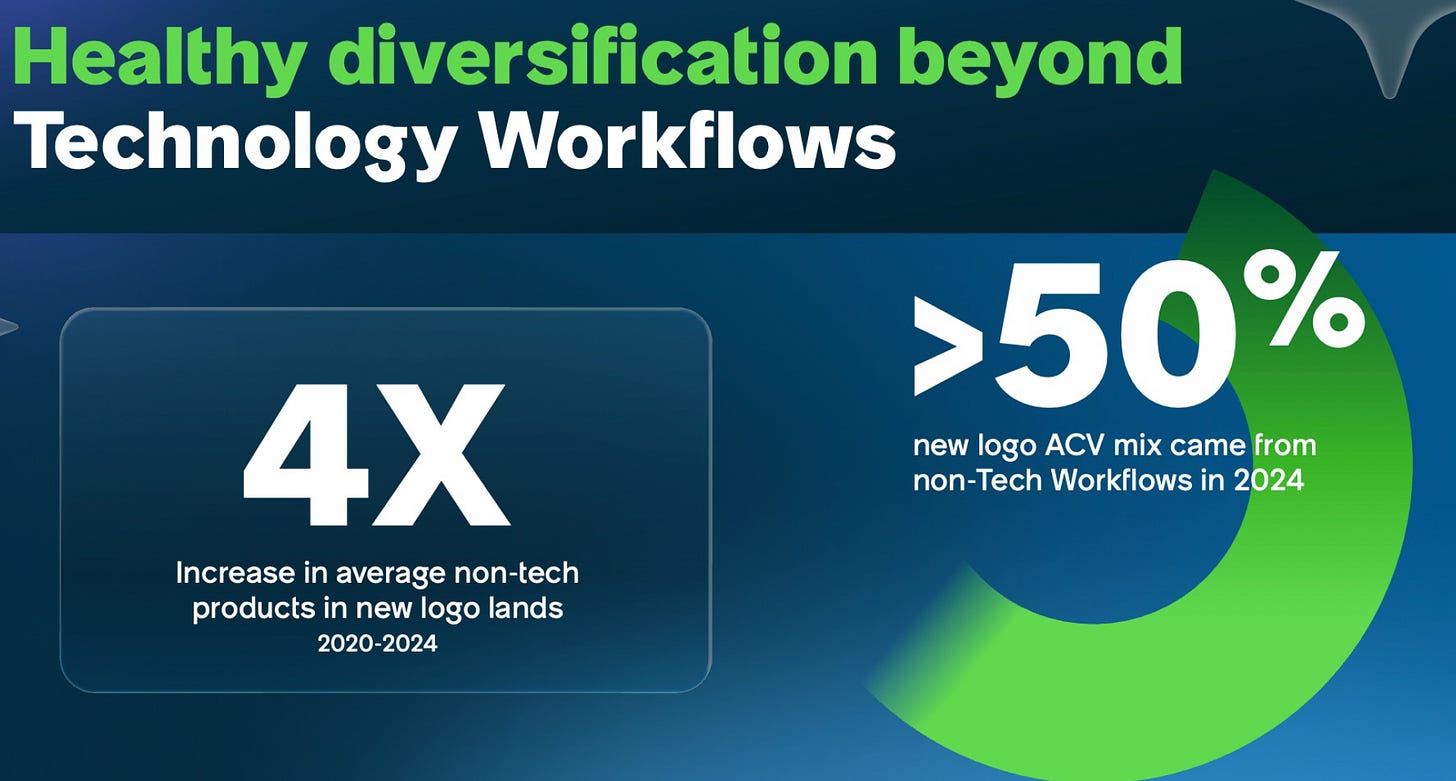





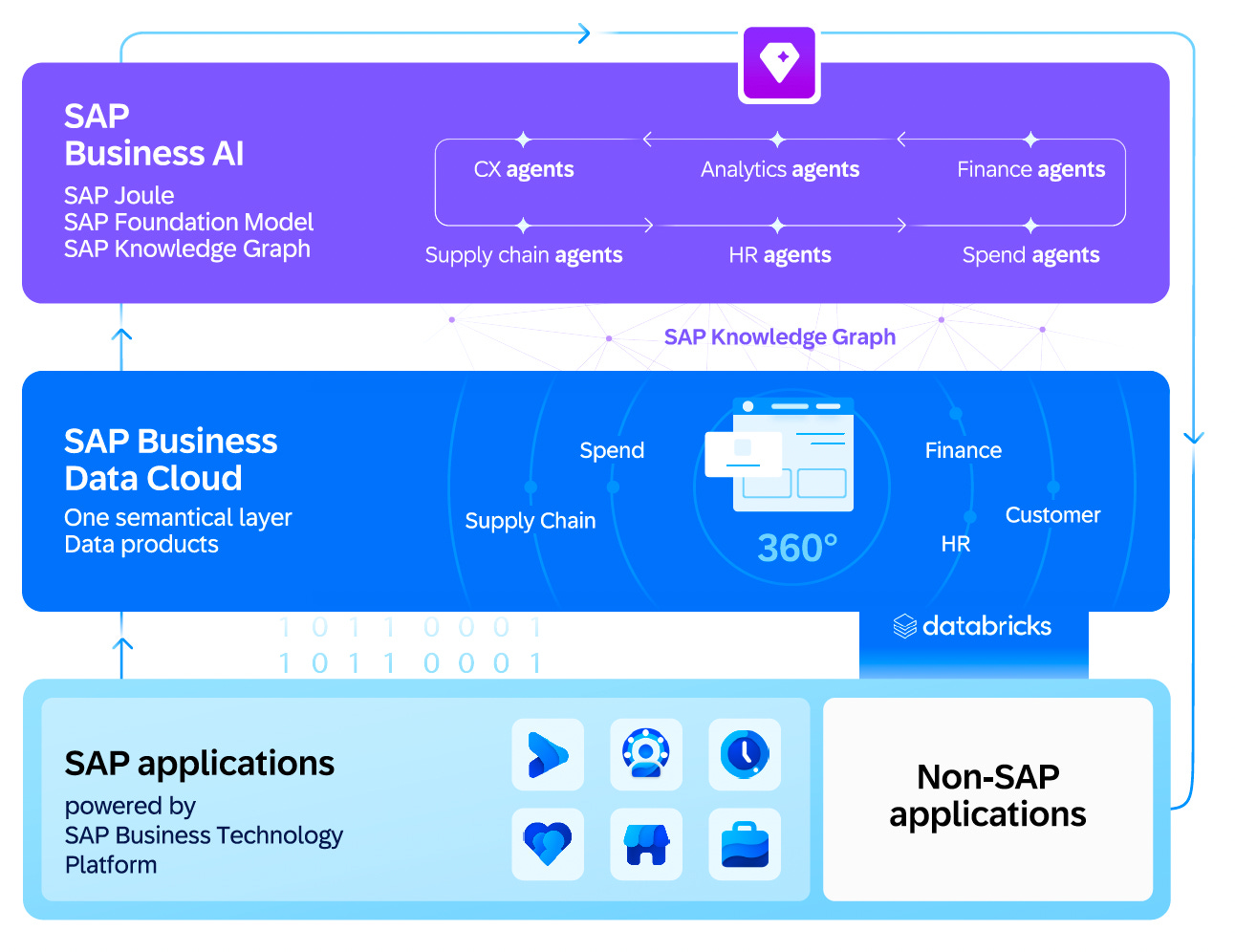

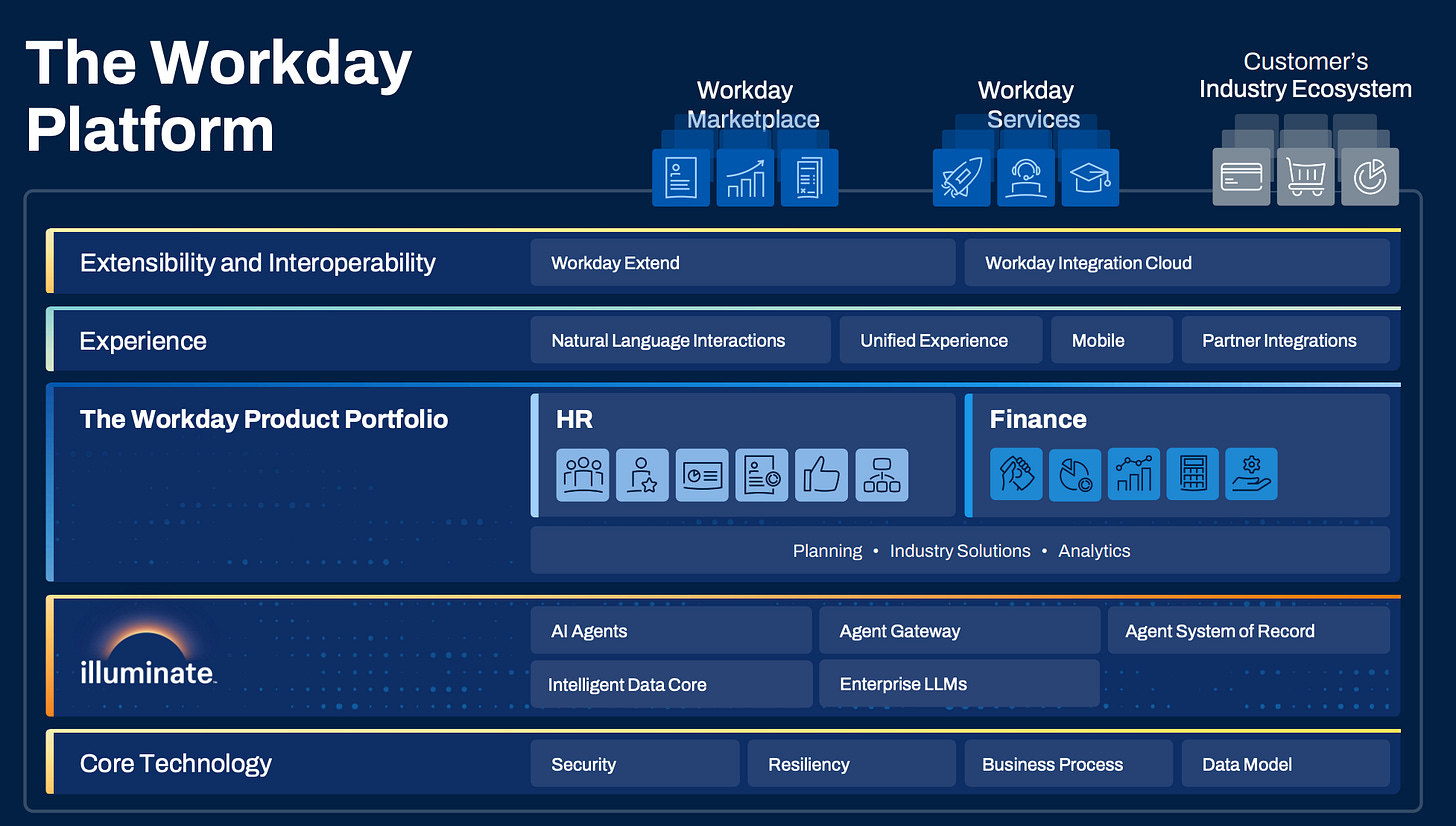

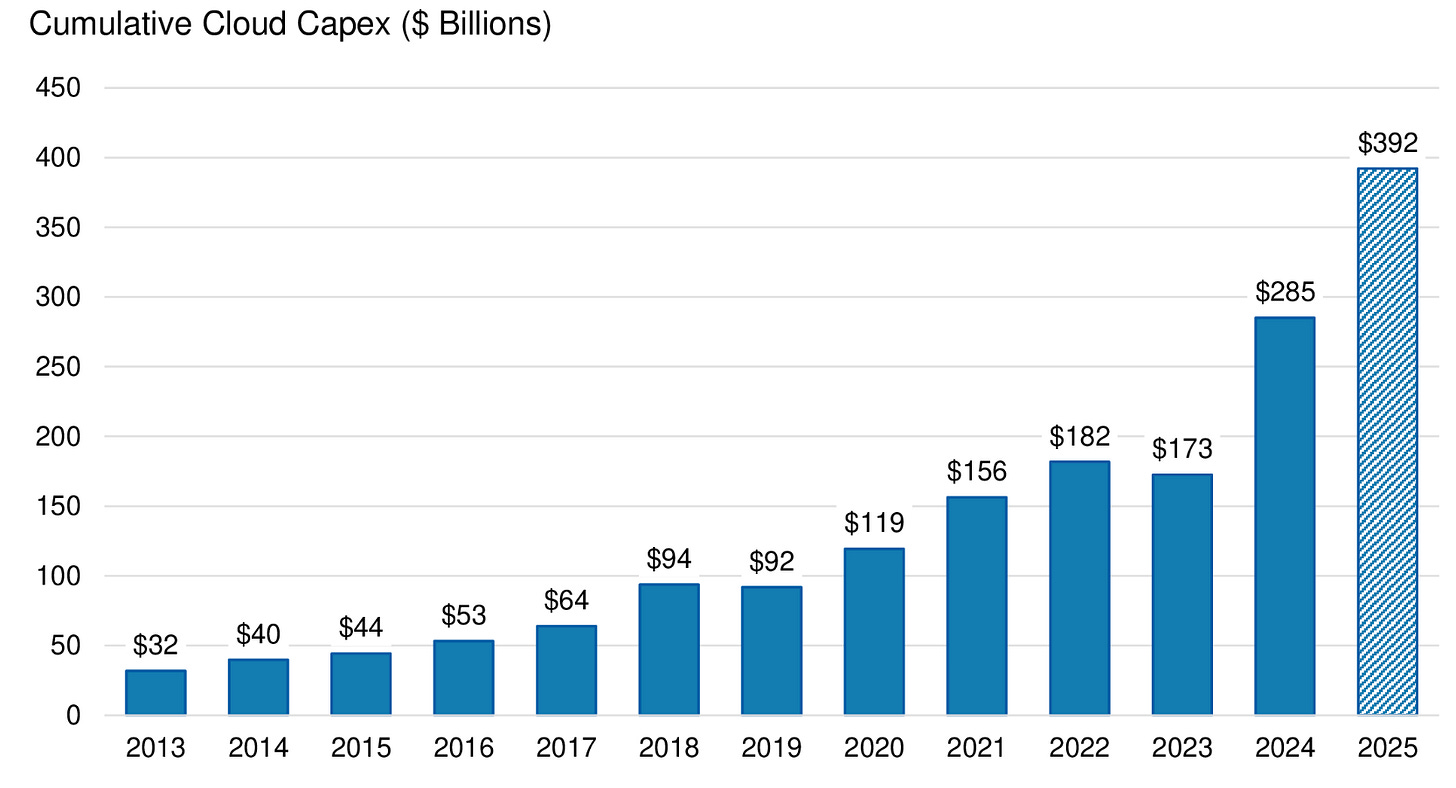


Excellent insight into the power of service now